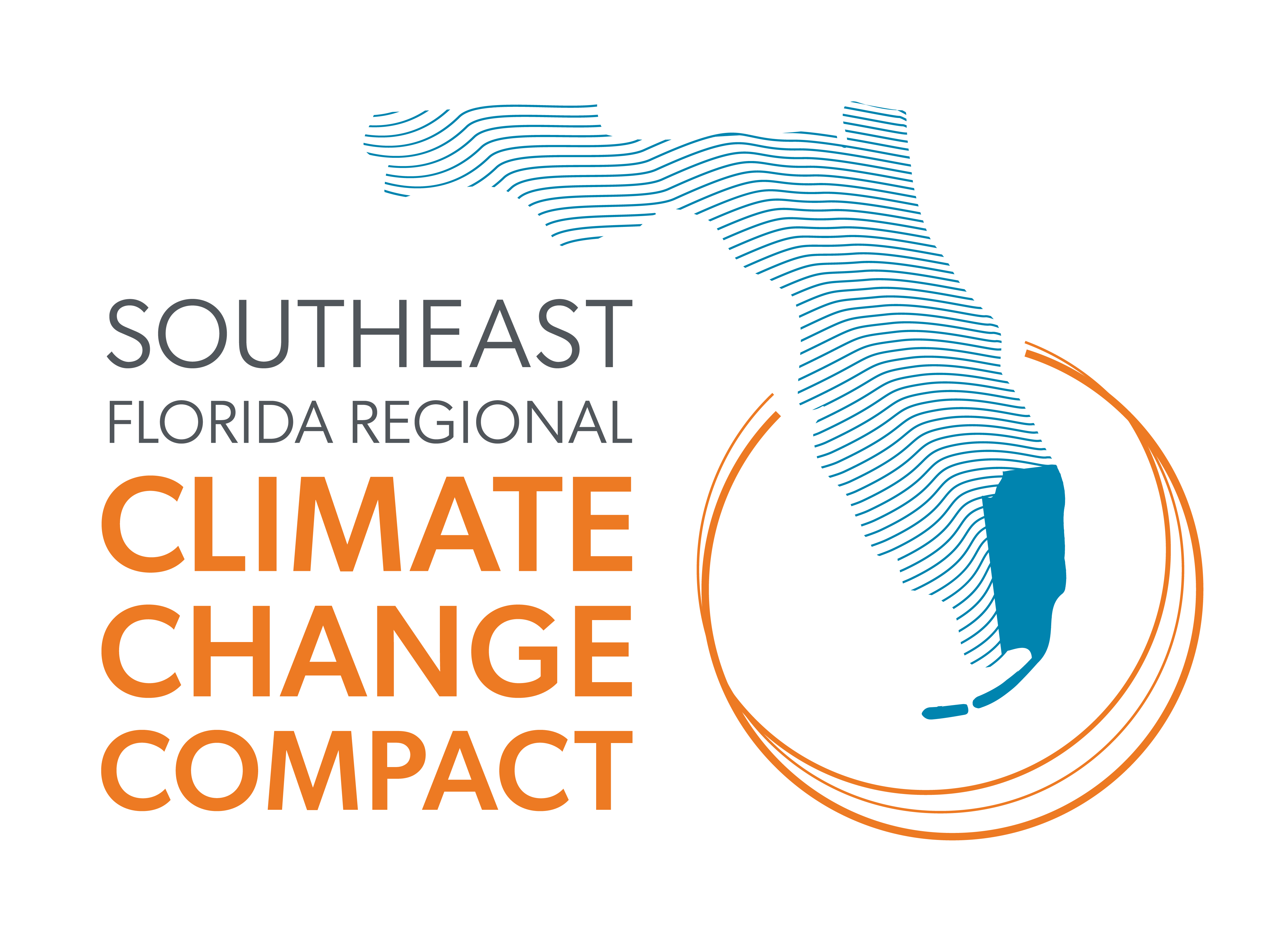Form mutually beneficial partnerships with community organizations, community leaders and other trusted messengers to co-create engagement, outreach and decision-making processes. Assess frontline community needs and strengths. Elevate diverse voices and community priorities to inform policies, programs and projects.
STRATEGIES
EQ-4.1 Identify and connect with existing, trusted community leaders who serve as representatives of their community’s needs and priorities. Formal or informal community leaders could include:
- Faith leaders
- Schools officials
- Leaders of community organizations
- Cultural group leaders
- Student and youth leaders
IMPLEMENTERS: local governments, Tribal governments, school districts, community leaders
EQ-4.2 Conduct outreach to community members and leaders when there are opportunities for public input in current decision-making processes.
IMPLEMENTERS: local governments, Tribal governments, community-based organizations,
non-profit organizations, consultants/contractors
EQ-4.3 Create opportunities early in decision-making processes for frontline community members to help shape the vision and plan for infrastructure, adaptation and mitigation projects that affect their community.
IMPLEMENTERS: academic institutions, local governments, Tribal governments,
regional agencies, consultants/contractors
EQ-4.4 Include frontline community members in regular comprehensive reviews of critical infrastructure, such as wastewater and stormwater infrastructure, even in the absence of resident complaints.
IMPLEMENTERS: local governments, Tribal governments, regional agencies, water utilities
EQ-4.5 Develop participatory budgeting processes for resiliency investments.
IMPLEMENTERS: local governments, Tribal governments, community-based organizations, non-profit organizations
EQ-4.6 Identify and engage with community-based organizations to establish and maintain partnerships, trusting relationships and social capital in the community.
IMPLEMENTERS: local governments, Tribal governments, academic institutions
EQ-4.7 Co-design, implement and evaluate processes, strategies and materials with communities regarding climate issues that can be shared by trusted partner organizations and that align with community priorities. Choose facilitators through community input.
IMPLEMENTERS: local governments, Tribal governments, Southeast Florida Regional Climate Change Compact,
community-based organizations, non-profit organizations, academic institutions
